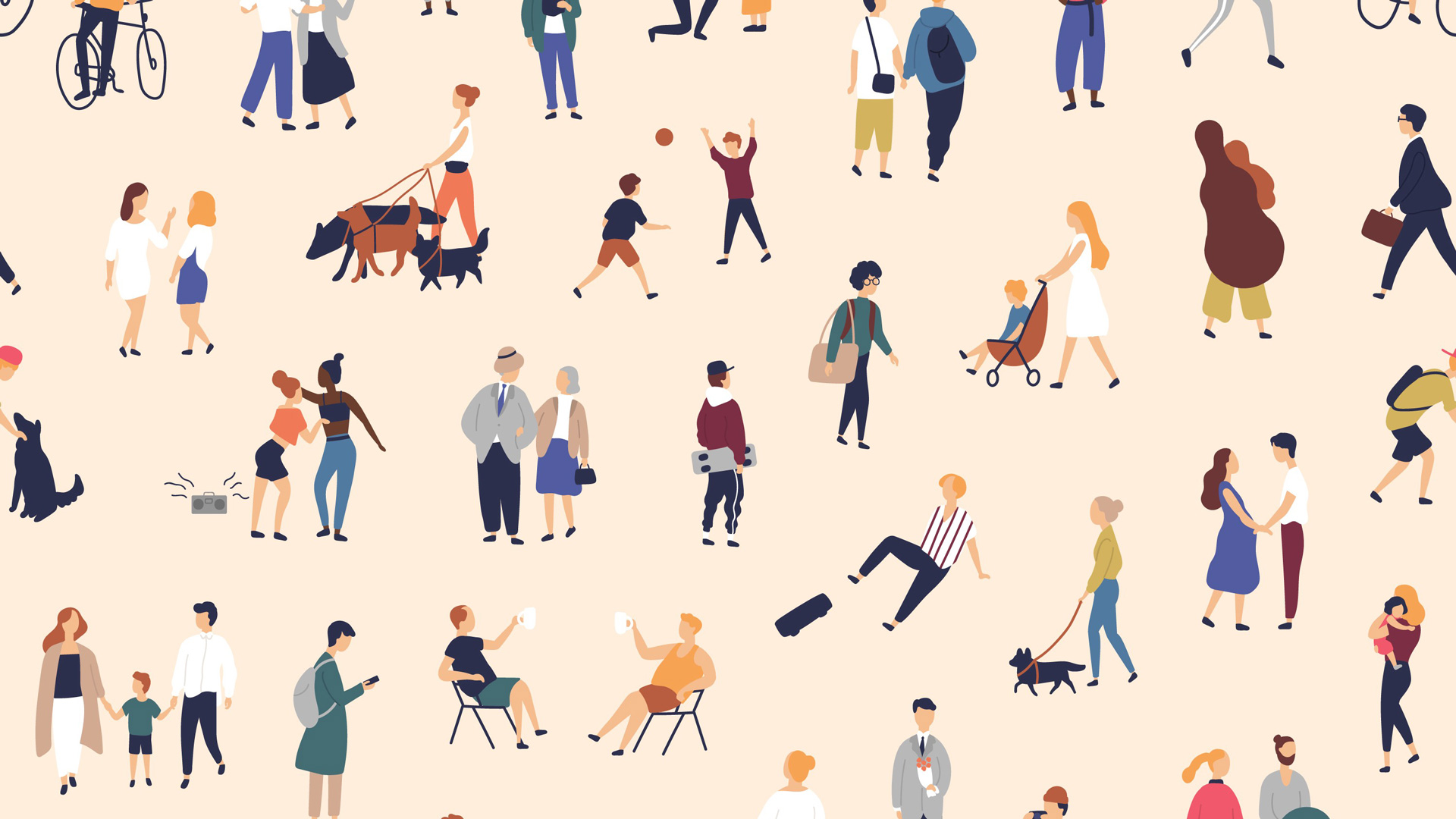At the end of last summer, the Business Round Table Group, one of the most powerful U.S. economic associations, issued a surprising statement of what is the purpose of a company, in five points that have sparked a frantic debate both at home and elsewhere.
- Delivering value to our customers. We will further the tradition of American companies leading the way in meeting or exceeding customer expectations.
- Investing in our employees. This starts with compensating them fairly and providing important benefits. It also includes supporting them through training and education that help develop new skills for a rapidly changing world. We foster diversity and inclusion, dignity and respect.
- Dealing fairly and ethically with our suppliers. We are dedicated to serving as good partners to the other companies, large and small, that help us meet our missions.
- Supporting the communities in which we work. We respect the people in our communities and protect the environment by embracing sustainable practices across our businesses.
- Generating long-term value for shareholders, who provide the capital that allows companies to invest, grow and innovate. We are committed to transparency and effective engagement with shareholders.
A company’s purpose shifts from generating profit primarily for its shareholders to the broader and more inclusive perspective of generating well-being for all stakeholders — shareholders, employees, suppliers, customers — to the nation, the local community and the environment.
A statement that has left us astonished, given that the association has always been a strong supporter of the ideas of the ultraliberist Milton Friedman. In the classical economic perspective, well-being for communities is generated by itself, as a side effect of business activity.
First, the BRT declaration is not a renunciation of the capitalist system, but an evolution of it in forms that are more suited to the challenges of the times. It does not deny its fundamental premises — it is the market that generates the well-being for the rest of society as a secondary effect — but extends its scope, trying to incorporate an ethical, globalist and transversal dimension. It is a partial declaration because it excludes many dimensions, but it raises many other issues that deserve our reflection.




